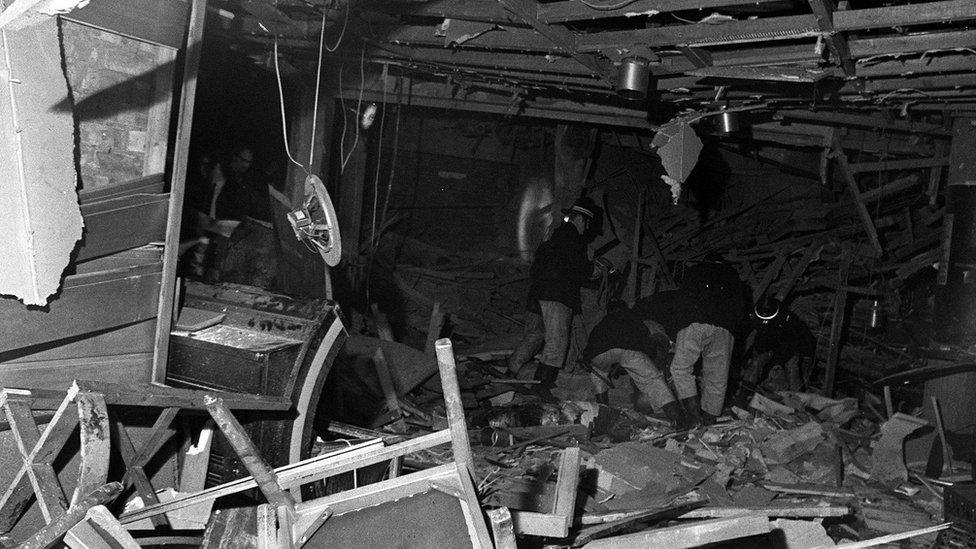Birmingham pub bombings: Coroner to challenge court ruling
- Published
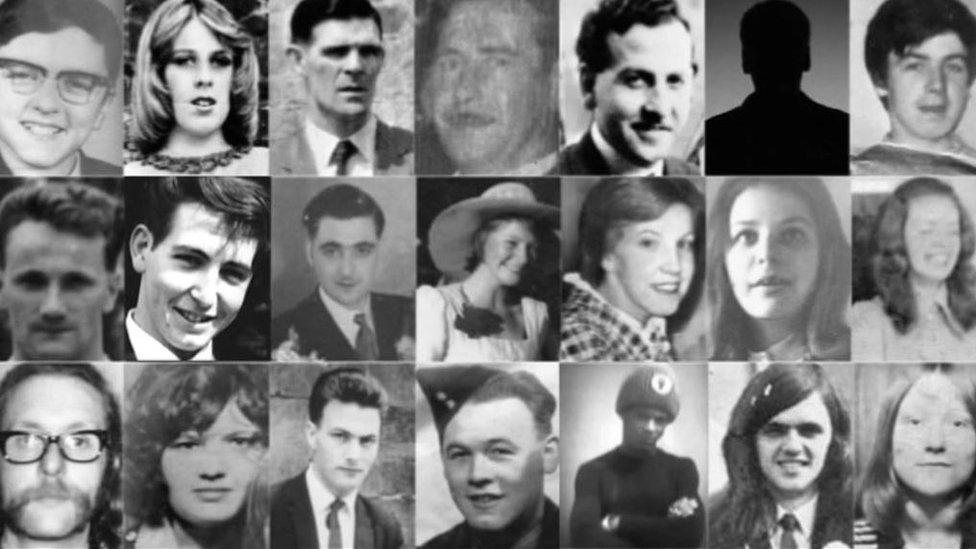
Twenty-one people died when two bombs were detonated in Birmingham in 1974
A coroner is to appeal against a ruling to name suspects of the Birmingham pub bombings in new inquests.
Twenty-one people died when two bombs exploded in the city centre in 1974.
Last week, two High Court judges ruled that coroner Sir Peter Thornton QC was wrong to decide that the names of the suspects would not be part of new inquests for the victims.
A spokesman for the inquests said the coroner will apply for permission to appeal against this judgement.
Julie Hambleton, whose sister Maxine was killed in the attack, said: "It is disappointing to say the least."
Sir Peter had decided in July that the names of the alleged perpetrators would not be part of the framework of new inquests.
But at a hearing at Birmingham Justice Centre on Friday, he was ordered to reconsider this decision, following a judicial review.
Mrs Justice Carr and Lord Justice Simon said they were "minded to quash the coroner's decision which excluded the perpetrator issue and remit the case so as to enable him to reconsider the decision".
Birmingham Inquests, external said it will call for the issue to be looked at again.

Analysis: Phil Mackie, BBC News
The families will be fuming because they feel that whenever they negotiate one hurdle another is put in their way.
They won the campaign to have the inquests resumed; they got the law changed to allow them to claim back the costs of their Northern Irish solicitors and then won the judicial review.
After the latest success I spoke to Brian Hambleton, whose sister Maxine was killed, and asked him why he wasn't celebrating - he told me that there'd be another twist before the inquests can resume.
It's going to mean further delays to the hearing which was originally scheduled to start last September, and may not get underway until this autumn.

Ms Hambleton said: "All this just adds further delay and more anxiety, especially regarding legal aid.
"We are in a situation where we are forced to go out on the streets and beg to be able to fund the legal process to get truth, justice and accountability on one the biggest unsolved mass murder of the 20th century."
Justice4the21, the main campaign group representing many of the relatives, had said they would "no longer participate" in the hearings following the coroner's decision in July last year.
Relatives had argued the inquests could not take place without naming suspects, while their lawyers said discussing potential perpetrators "is central to the case".
In a statement from the coroner, it said: "In the circumstances, the coroner considers that legal issues raised in the High Court judgment require reconsideration and clarification and he now intends to seek permission to appeal the judgment to the Court of Appeal.
"All of the interested persons in the inquests, including the families, have been informed of the coroner's decision to seek permission to appeal."
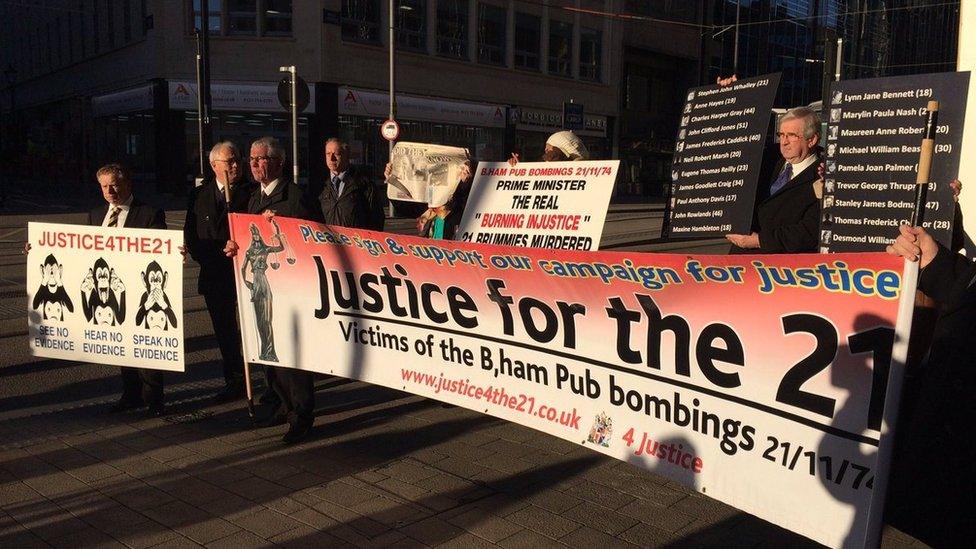
The families of the victims have fought for years to have inquests reopened
A pre-inquest review, which had been listed for 22 February, will now be postponed.
The latest decision will also mean further financial struggles for the families, who fundraised £40,000 to pay for the judicial review after they were refused legal by the Ministry of Justice which said the bid did not meet strict criteria.
Christopher Stanley of KRW, which represents the families added: "There was always a possibility that the coroner would seek to appeal the judgement against his decision on perpetrators.
"There are important points of law in this matter. That does not detract from the disappointment of our clients with his decision.
"Whether a cross-appeal is lodged will depend on a number of factors."
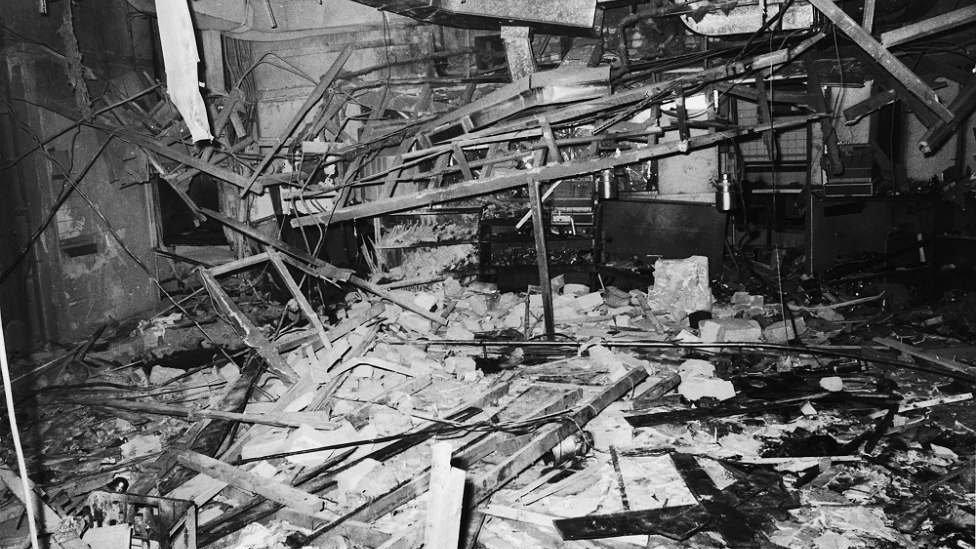
Original inquests were held days after the bombings but closed without any evidence being heard
The victims' families have fought for years to have the inquests reopened. Hearings were held days after the bombings but closed without hearing any evidence.
No one has been charged with the attacks since six men were freed from prison in 1991.
Previously, self-confessed IRA bomb maker Michael Hayes said he was part of the group responsible for the Birmingham pub bombings.
He told the BBC he defused a third explosive in Birmingham and accepts "collective responsibility" for all of the group's actions.
- Published26 January 2018

- Published7 December 2017
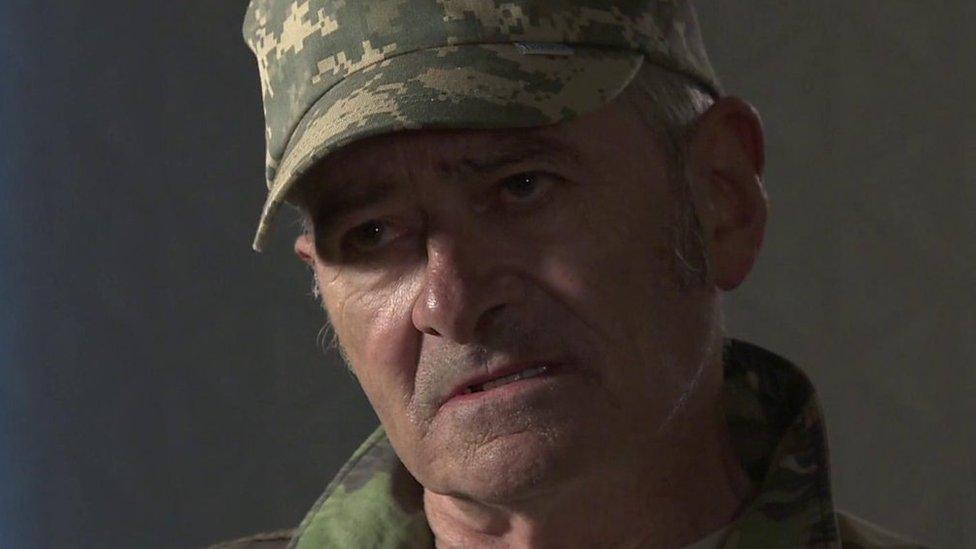
- Published14 November 2017

- Published20 October 2017

- Published27 July 2017

- Published18 July 2017
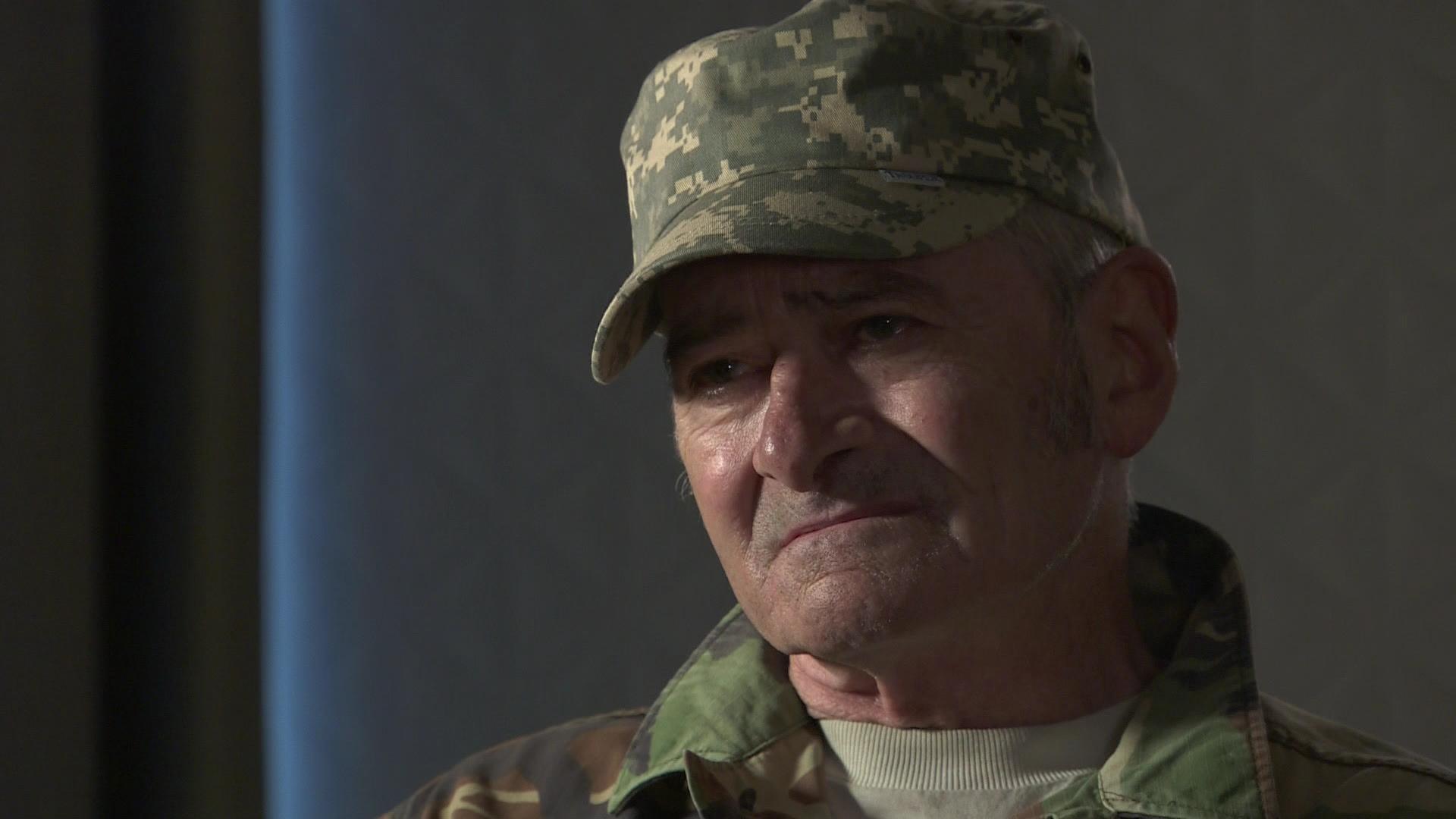
- Published5 July 2017

- Published12 March 2019
